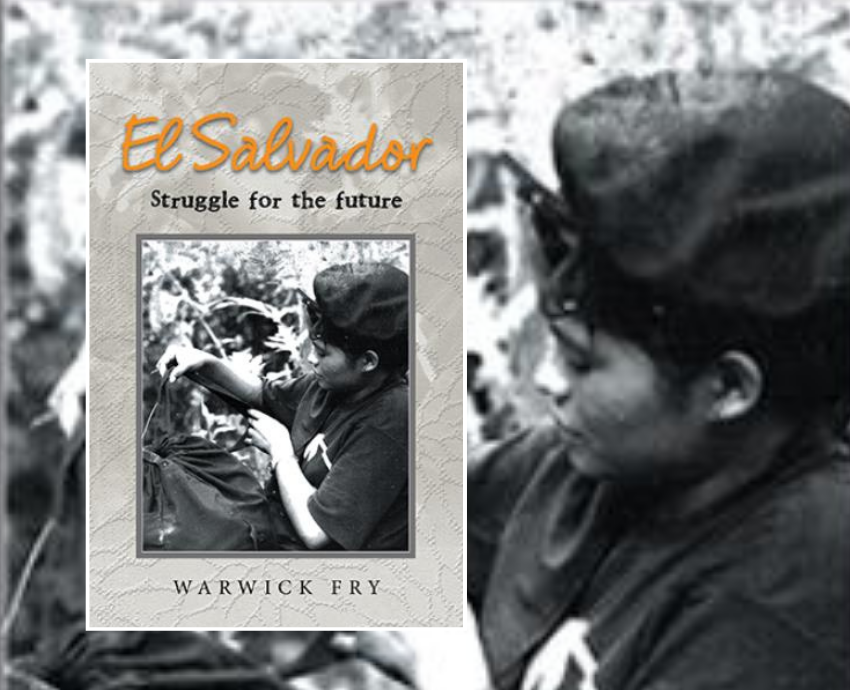
El Salvador: Struggle for the Future
By Warwick Fry
Xlibris, 2024
330pp
$31.99 (soft cover), $15.99 (e-book)
Warwick Fry’s account of the El Salvadoran Civil War is a terrific one, in both the contemporary and more archaic meaning of the word. It is a tremendous addition to the resources available for anyone interested to understand the more recent history of this beautiful country known as the Little Toe of Central America.
Fry’s contribution in El Salvador: Struggle for the Future is a mix of personal recollections of his time covering Central American politics in his capacity as a journalist and his time as a resident in El Salvador.
This is journalism as it is meant to be, holding big business, governments and their military to account. It takes integrity, bravery and compassion to produce such eye-witness accounts in the context of the activities of brutal regimes, and Fry produces this in spades with flair and deep, well-sourced research. His account is replete with the kind of contextualisation which is, unfortunately, lacking in much of the modern media-bite journalism practised today.
Fry issues an informed history of modern El Salvadoran history and the ravages of Spanish colonialism, United States imperialism and the dictatorships of the 20th century that have shaped and haunted the nation ever since.
The book’s main focus is the Civil War that ravaged the country and so many everyday Salvadorans from 1979‒92. Government-sponsored death squads accounted for an estimated 70,000+ recorded deaths and about 25% of the population were displaced in the aftermath.
Fry’s analysis though does not end here; he also covers the post-war period, which is riddled with peace accord breaches, political corruption, the rise of a new gang culture and continued repressions that typify the contemporary political, socioeconomic reality in El Salvador.
It corresponds to other current geopolitical situations, most obviously the massacre of Palestinians at the hands of the Israeli Defense Force with US funding.
Crucially, his work highlights the Water Defenders and their place in a 15-year grassroots community struggle that involved deaths, terrorism and bribery and was able to bring to a halt an environmentally devastating gold mining project and change international legal precedent.
I cannot recommend this book enough; it is well-researched, journalistically sound and replete with a poetic sensibility that should engage any reader to its traumatic subject matter.
Five stars from me.
[Andrew Jones is a senior lecturer in Media Studies at Southern Cross University.]